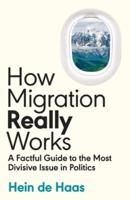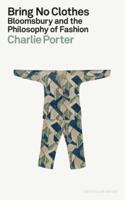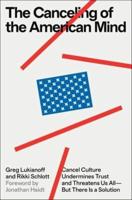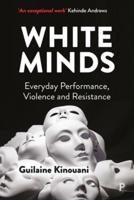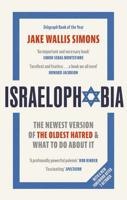Publisher's Synopsis
This book provides an original concept of authenticity to illuminate the transformation of Christian consciousness in the increasingly more secular and pluralistic culture of Western societies. The present work is unique in offering an in-depth study of Simmel's sociology and philosophy in dialogue with an ethnographic account of contemporary Christians. It develops original concepts drawing on Simmel's writings on individuality and religion and connecting them with classical and contemporary scholarship in sociology and philosophy. The theoretical framework is illustrated through an analysis of the narratives and practices of Christians in an evangelical church in the UK and several New Monastic communities in the UK, US, and Canada. The book proposes an understanding of belief as relational and experiential and a concept of authenticity, as self-transcendence articulated in dialogue with religious tradition and the Other. Religious tradition is developed through an on-going process of interpretation and sacralization of what is considered within and without the tradition's boundaries. The book also proposes an innovative approach to the study of morality by distinguishing between a people-centered ethic (ethic of compassion) and a norm-centered ethic (ethic of purity) to account for the the different ways in which Christians engage with the Other. This allows an exploration of the relationship between ethics and the making and breaking of boundaries in a given community. The case studies in this book show that committed Christians attempt to reconcile commitment to their tradition with the value of inclusiveness and to affirm their moral and religious identity as a distinctive moral lifestyle, not superior, but of equal worth to those of non-Christians.


